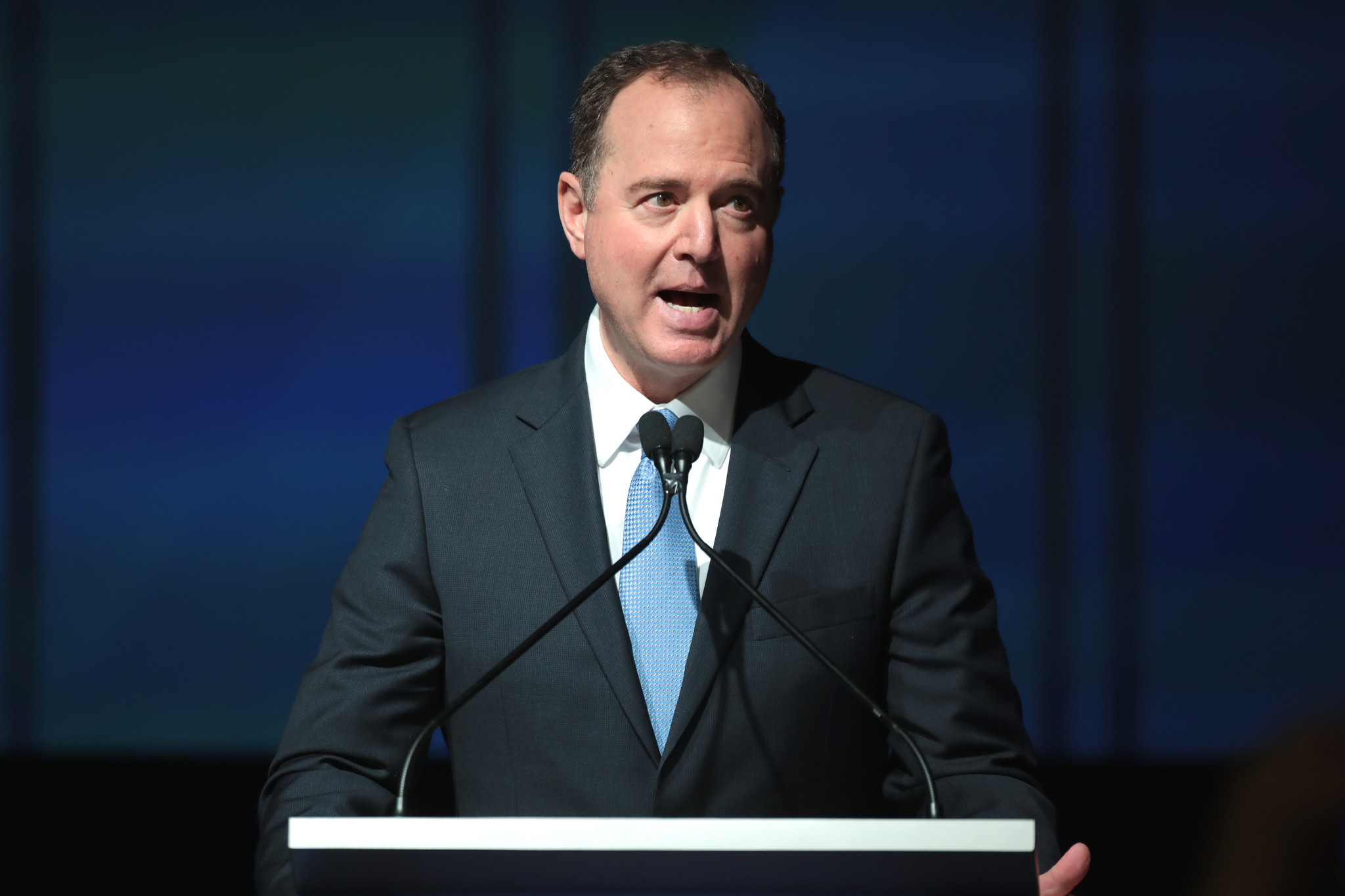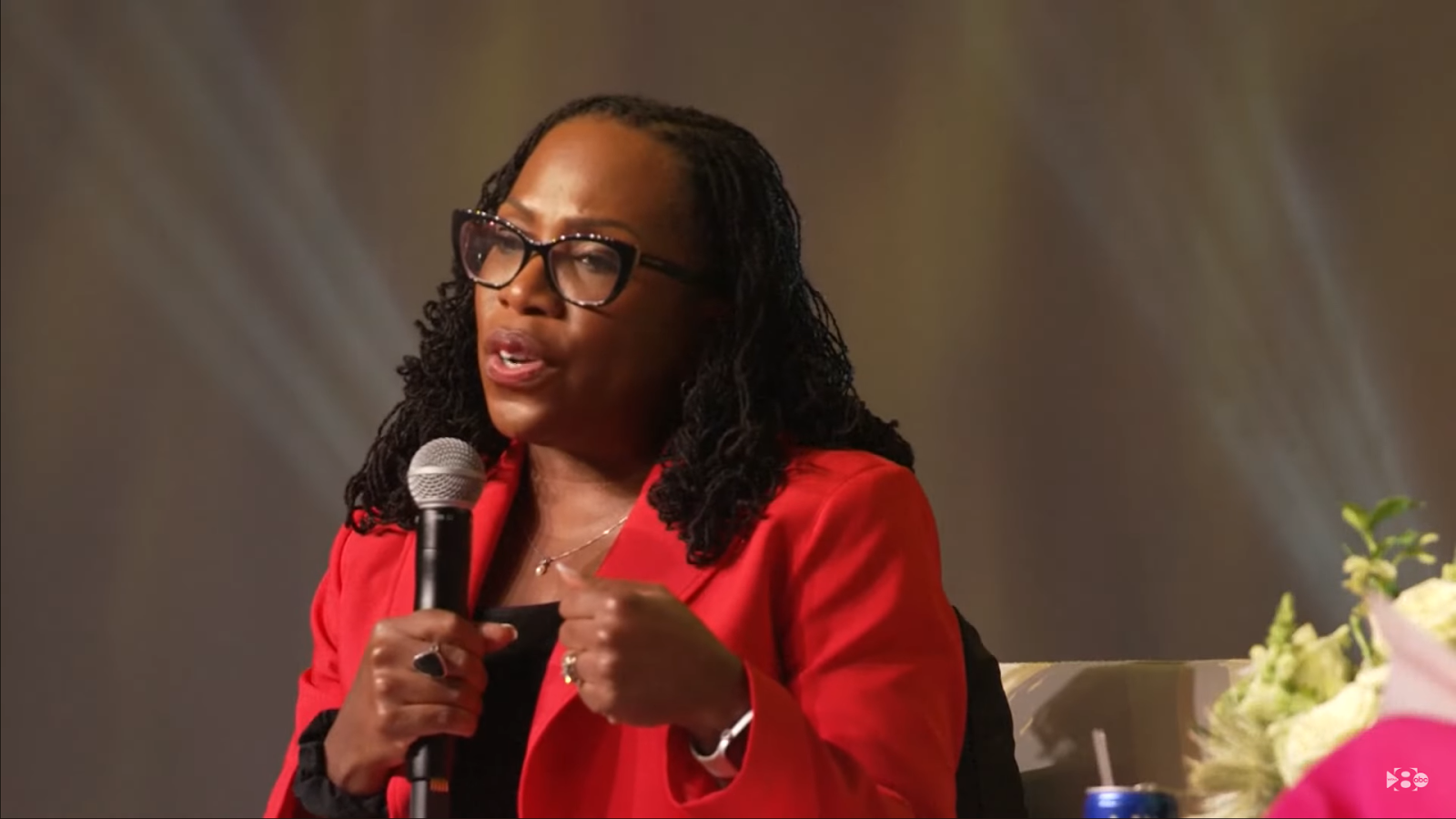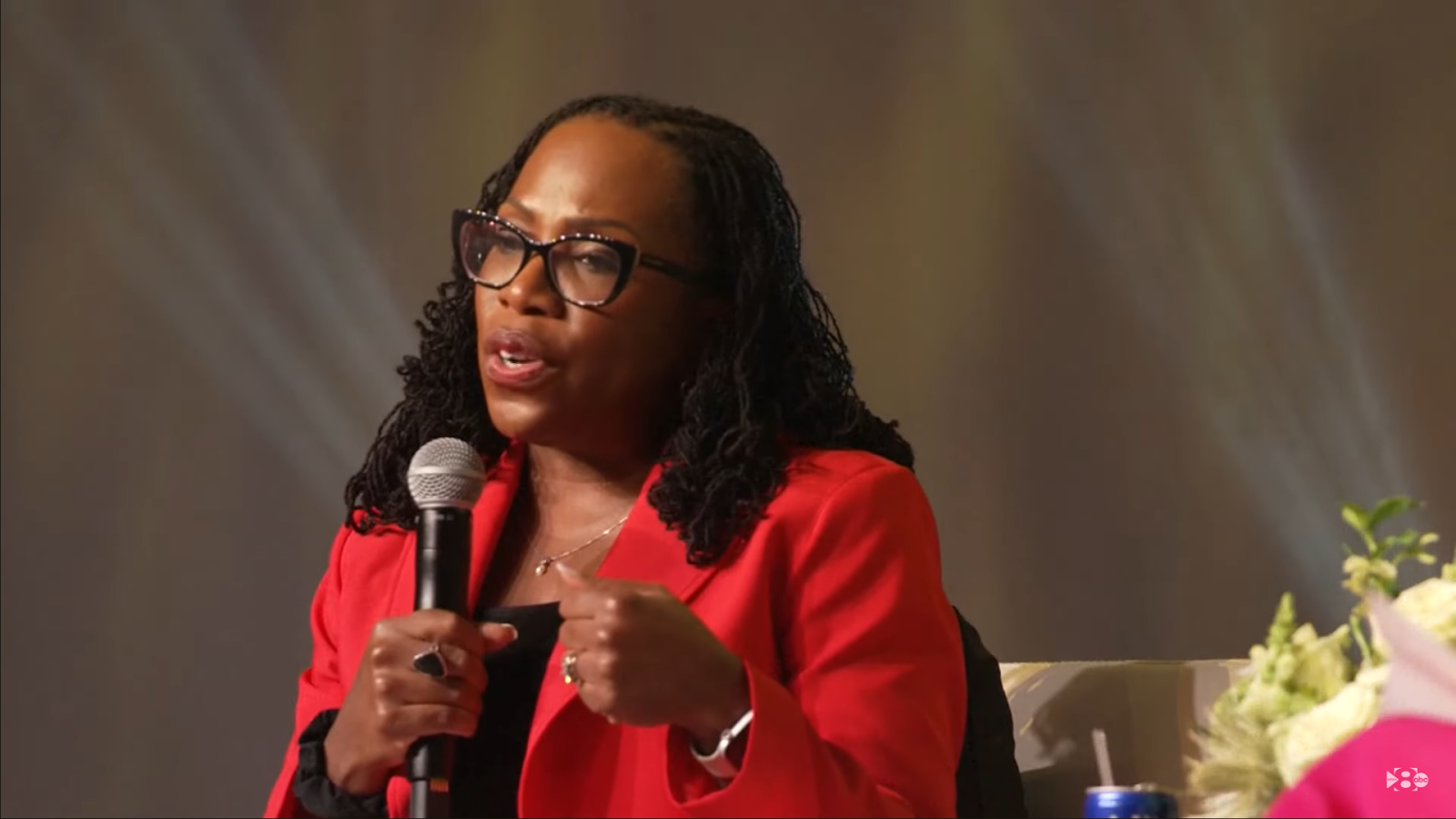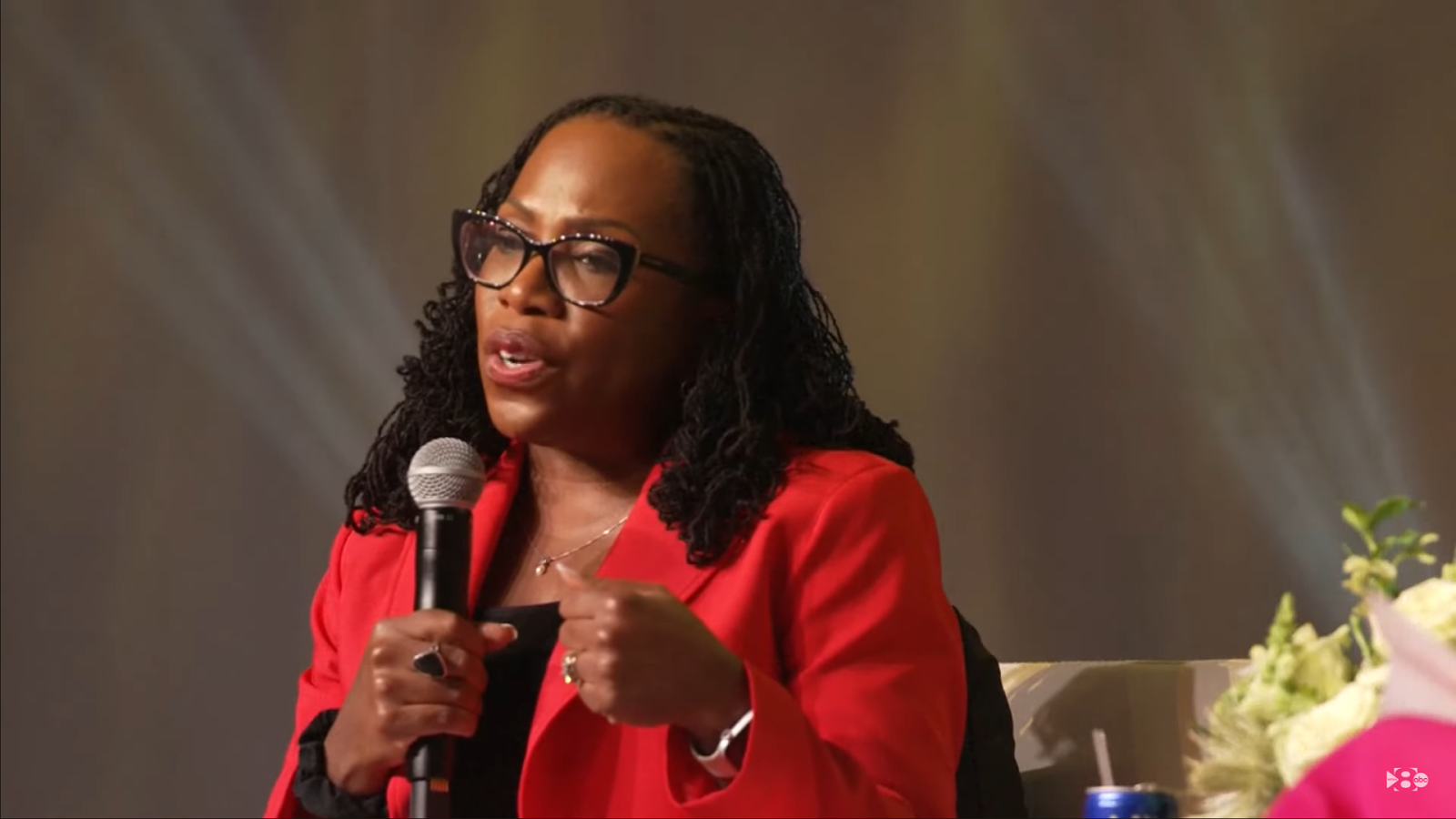Senator Adam Schiff may face legal scrutiny following allegations that he approved the leaking of classified information to undermine former President Donald Trump. A Democratic whistleblower reportedly informed the FBI that Schiff directed staff to release derogatory information related to the investigation into Russian interference in the 2016 election.
According to documents released recently, during an all-staff meeting, Schiff allegedly stated that the group would leak classified information intended to damage Trump’s reputation. The whistleblower claimed that Schiff indicated this information would be used to indict the former president.
Legal experts are now debating whether Schiff’s actions could be protected under the speech or debate clause of the U.S. Constitution, which shields members of Congress from legal repercussions for actions taken in the course of their legislative duties. Todd Harvey, a legislative attorney, explained that the clause is designed to maintain the integrity of the legislative process by preventing executive or judicial interference.
The Supreme Court has previously addressed the speech or debate clause in cases like Eastland v. United States Servicemen’s Fund, where it was established that legislators enjoy immunity for actions integral to their legislative duties. However, this immunity does not extend to illegal conduct.
In Gravel v. United States, the Court clarified that while legislative acts are protected, members of Congress cannot engage in criminal activities under the guise of legislative work. “The Speech or Debate Clause does not provide free rein to engage in illegal conduct,” the Court stated.
Critics argue that if Schiff’s alleged directive to leak classified information does not align with legitimate legislative activities, he could be held accountable. “If any laws were broken by leaking this information, the speech and debate clause may not afford protection,” said Harvey.
The allegations raise questions about the boundaries of legislative immunity. Legal scholars point out that while the motivation behind legislative actions is typically protected, the actions themselves must fit within the legislative framework. If the alleged meeting involved discussions of illegal activities, such as leaking classified information, it may not be considered part of the legislative process.
Schiff has not publicly commented on these allegations, but he has previously defended his actions during the Trump administration. Supporters argue that Schiff was acting in the public interest by investigating potential wrongdoing related to Russian interference.
The controversy surrounding Schiff’s alleged actions comes amid ongoing discussions about the accountability of public officials. If the allegations are substantiated, they could have significant implications for Schiff’s political future and the broader conversation about the limits of congressional power.
As the situation develops, legal experts will be closely monitoring any potential investigations or legal actions that may arise from these claims. Schiff may need to prepare for a legal defense if the allegations lead to formal charges.
In the meantime, the political landscape remains charged as both supporters and critics of Schiff weigh in on the implications of these allegations. The outcome could influence not only Schiff’s career but also the ongoing discourse surrounding the conduct of elected officials in the United States.
READ ICE Arrests Convicted Criminals in Nationwide Operation



